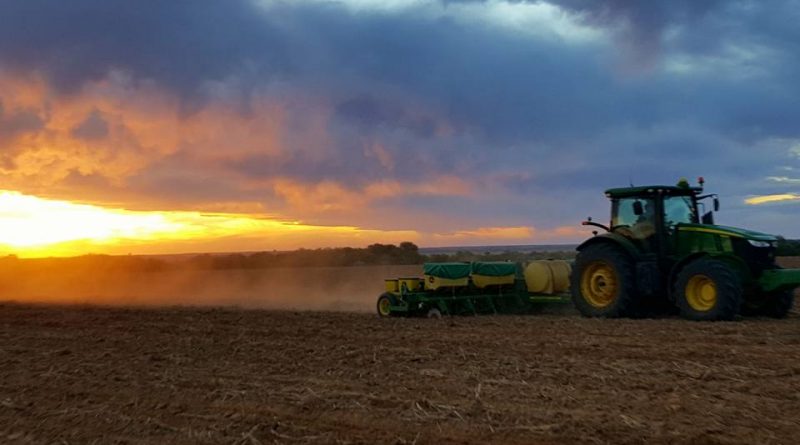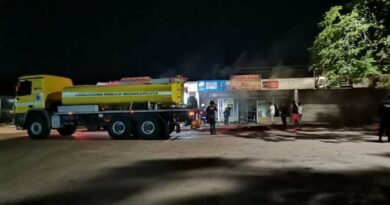Tips for preventing farm fires caused by vehicles
When you neglect to regularly maintain and service your farming equipment, you are simply increasing the chances of farm fires as a whole and the risk of having your machinery burn down. These heavy-duty units are expensive and deserve to be inspected on a daily basis to help avoid fire hazards.
Often people see farm fires as a result of natural causes, but they forget that machine fires are not uncommon. Equip your heavy-duty vehicles with fire extinguishers so that if something were to happen while you’re operating the vehicle, you can save yourself the expense. These small costs are only a fraction of the amount you would spend on replacing the cost of your entire machine, fighting the fire and rebuilding afterwards.
General maintenance checks to prevent fires caused by equipment:
- Make sure that machinery is kept in good condition and maintained properly.
- Make sure that bearings and oil chains are constantly lubricated to reduce friction.
- Make maintenance checks a part of your daily tasks. Check before you start up and at the end of the day to ensure that there is no trigger for something to happen overnight.
- Try to keep machinery free of grass build up.
- Do not leave rags with oil on them in or around the equipment as that is flammable. If there are any oil or fuel leaks on or around the equipment after filling, remove immediately.
- Before shutting down production in the evenings, make sure the equipment is cool before storing.
This is how you can make a difference every day:
- Eliminate buildup of crop residue around the engine, exhaust system, belts and chains.
- Change out any damaged exhaust system components.
- Monitor the drive belts for any that may be torn or badly frayed.
- Check for any irregular smells when operating equipment.
- Lubricate any parts that feel like they are taking strain.
- Be wary of any leaking fluids, oil or fuel.
Depending on the type of agricultural business you own, your fire risks will be different to others. For farm owners who rely on their tractors and trucks to do the job, they need to spend more time monitoring and maintaining their equipment before they become a fire hazard to the property, animals or crops, the farm workers and the entire community at large. Within saying this, it’s important for you to consider the state of your farm and the most flammable areas that could be at risk. For example, any barn or shed.
Good, preventative maintenance cycles will help you identify parts that are worn out or defective before they become a problem. These checks will not only prolong your expensive equipment but it will reduce future danger. Be wary of vehicles with low ground clearance as they are especially prone to causing a wildfire. On hot days, try to take precautions before you do activities like harvesting, welding or mowing. Also, avoid driving your vehicles or using your machines close to dry grass or crops as this can instantly cause a problem that spreads quickly. If you are driving through dry grass, make sure you do regular checks to inspect your unit and make sure that you don’t have any grass build up in your engine or exhaust.
In conclusion
Whether you’re buying new or used units from any of the many agricultural machinery dealers in South Africa, make sure that you do a full inspection on the condition of the vehicle as any neglection could contribute to it being a danger for your farm. Speak to the dealer on the correct ways to maintain and look after your machinery to avoid accidents because of faulty components that have not been attended to.
Farmers need to have a plan in place for fires. It’s an all year risk and especially with machinery and climate changes, there is no way to know when something could happen. In the event that a fire does happen, having insurance in place to protect you from these situations is vital. Find yourself an insurance partner which will cover any products or extensions for agricultural fires or for the equipment itself.
Agricultural insurance policies usually cover the fire extinguishing and water bombing costs when the insured’s property is threatened by a fire. And depending on the insurance company, they may include public liability as part of their disaster policies, whereby the farmer is covered for damages caused by their property to neighbouring farms, should the fire spread and affect other communities.
Safe Driving with Tractors & Safety for our Farmers / Farm Workers https://t.co/wsAJgcA5LT @_cosatu #ArriveAlive pic.twitter.com/r2jWvvLbKG
— Arrive Alive (@_ArriveAlive) February 18, 2016




